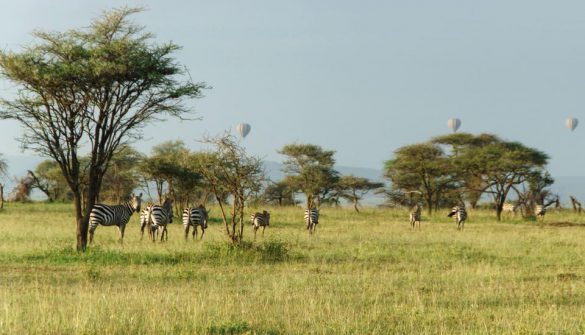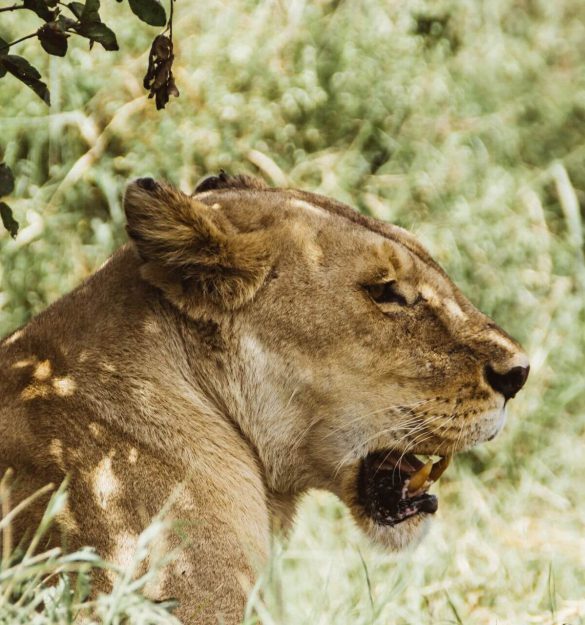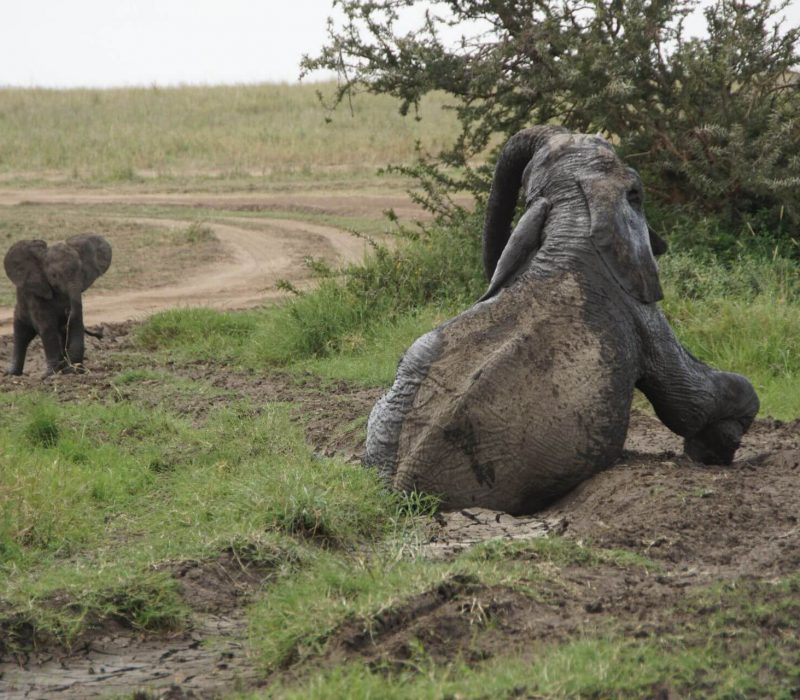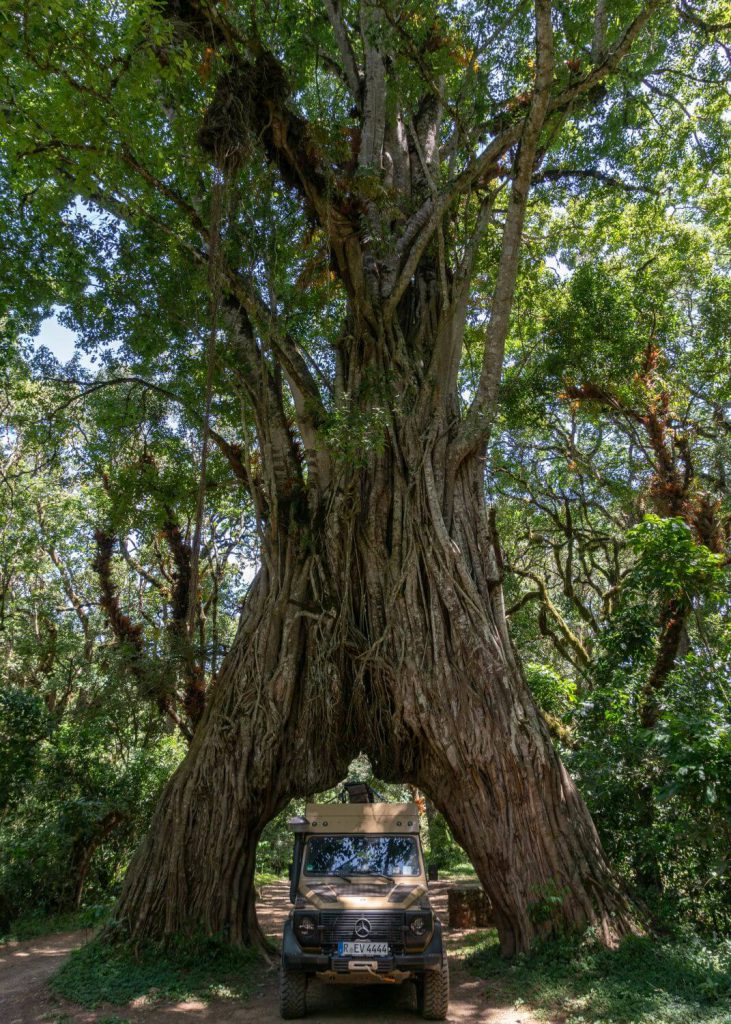BAhati Safari Tips for your Tanzania trip
climate and best travel time
Tanzania is a tropical destination with warm to hot temperatures all year round due to its proximity to the equator and roughly divided into 12 day and night hours. The climate in the highlands of Tanzania is very pleasant. Daytime temperatures of 22°C to 29°C await you here. Nights can be cool.
Starting in January in the Serengeti Plains, the wildebeest herds move to the south-eastern savannahs in April. From June to July, they move to the Western Corridor in the Grumeti River area. From August to November, the animals can be found in the North Serengeti, the Mara and Lobo regions, and in December they head back to the South Serengeti.


Vaccinations for Tanzania
Before travelling, you should have the usual immunisations against tetanus, diphtheria and poliomyelitis (polio), which are financed by the health insurance funds in Germany, checked and refreshed if necessary.
Furthermore, a vaccination against hepatitis A and, if necessary, also against hepatitis B would be recommended (as a two-time combination vaccination, costs are fully or partially covered by some health insurance funds). Ask your doctor for advice.
For stays of more than four weeks, the German Foreign Office also recommends rabies, typhoid and meningococcal disease. In some cases, malaria prophylaxis is also recommended.
A valid vaccination against yellow fever is required of all travellers entering from a yellow fever area or who have a transfer time of more than 8 hours when arriving at an African airport. According to the latest studies by the WHO, the vaccination protection is lifelong and does not require a booster after 10 years.
Please bear in mind that some immunisations require a more long-term vaccination schedule. You should therefore take care of your vaccination protection a few months before you travel! And don’t forget to take your vaccination certificate with you on your trip.
Health care during your trip
The biggest health problems for tourists travelling to Tanzania are usually stomach and intestinal infections caused by unfamiliar/ spoilt food and unclean water. In order to prevent unpleasantness, it is important to follow these tips during your trip to Tanzania:
- Drink bottled water, not tap water.
- Use filtered, disinfected or boiled water in case of emergency.
- Use bottled water for washing dishes and brushing your teeth.
- Be sure to keep flies away from your food.
- Wash your hands with soap as often as possible.
- Peel fruits and vegetables or wash/cook them with drinking water before eating them.
- Refrain from eating salad, ice, ice cubes, fresh milk, fresh juices as well as half-baked meat.
- Wear a hat, sunglasses and long-sleeved clothing to protect yourself from sunburn.
- Use sunscreen creams or lotions with a sun protection factor of at least 20 (even 25 or more for sensitive skin), especially in mountainous regions of Tanzania.


Travel pharmacy
For a trip to Tanzania, it is always advisable to bring a first-aid kit with the following items:
- Vaccination certificate
- Broad-spectrum antibiotic
- Insect repellent spray
- Sunscreen
- Remedies against nausea, motion sickness
- Tablets against diarrhoea, laxatives
- Electrolytes in powder form
- Water purification tablets
- Medicines for wound treatment (plasters, bandages, iodine, etc.)
- Medicines for colds, coughs and sore throats (throat tablets, nasal oil, nose drops, etc.)
- Medicines for stomach and intestinal complaints
- Eye drops
- Light to medium painkillers in sufficient quantities (e.g. paracetamol, ibuprofen)
- Disposable syringes
Before you start your journey, ask your family doctor for advice on what you need in your first-aid kit.
we show you the way to happiness
Bahati Safari
Bahati Safari
“It’s not the land we discover, we discover ourselves.”
ADDRESS:
Dorsch GmbH
Grafenriederweg 5
93152 Nittendorf
Germany
+49 151 194 0 171
E-mail:
legal
Privacy
Imprint
Cookie-Policy
